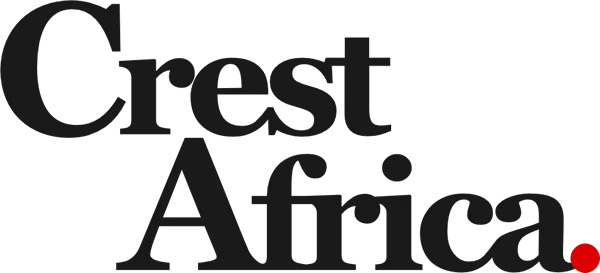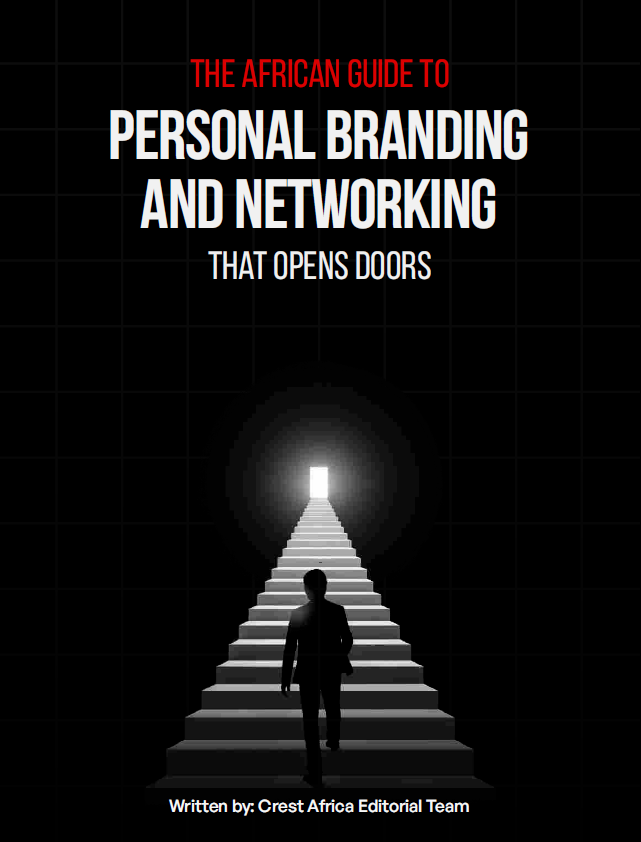President Cyril Ramaphosa’s 2025 State of the Nation Address (SONA) outlined an ambitious framework for national renewal, emphasizing economic revitalization, infrastructure investment, and South Africa’s place in the shifting global order.
Ramaphosa placed economic growth and job creation at the heart of his administration’s priorities, setting a 3% GDP growth target as a crucial milestone.
To achieve this goal, the government has committed to a R940 billion ($51 billion) infrastructure investment over three years, including R375 billion ($20.3 billion) in spending by state-owned enterprises (SOEs).
Projects range from modernizing ports and railways to the completion of the Polihali Dam in the Lesotho Highlands, ensuring water security for key industrial hubs.
Infrastructure reform extends to energy, where South Africa’s ongoing transition away from Eskom’s monopoly is set to redefine the electricity sector. The government also aims to mobilize over $13 billion in international climate funding to support the Just Energy Transition (JET).
However, economists caution that achieving the 3% target will be a significant challenge, given existing economic constraints. Dawie Roodt, a South African economist, notes that “if we get kicked off AGOA, it’s not the end of the world, but everything adds up. We could see economic growth well below 1.5%, and that will have serious consequences”.
Ramaphosa’s address also emphasized the need for structural reforms, including a new model for public service recruitment and strengthening the Public Service Commission’s role in appointing directors-general and SOE executives.
The government will also establish ring-fenced utilities for water and electricity in struggling municipalities to ensure revenue is reinvested into infrastructure.
The speech took on a notable diplomatic tone, reflecting South Africa’s role in an increasingly fragmented global order.
Ramaphosa reaffirmed South Africa’s commitment to multilateralism, highlighting its G20 presidency as an opportunity to champion Africa’s economic interests on the global stage.
Despite the optimistic tone, economic realities pose significant risks. With GDP growth struggling to surpass 1.5% in recent years, achieving the 3% target will require more than infrastructure spending.
Structural challenges — from inefficiencies in SOEs to regulatory red tape — continue to hamper investor confidence. Furthermore, political stability within the GNU remains untested.



